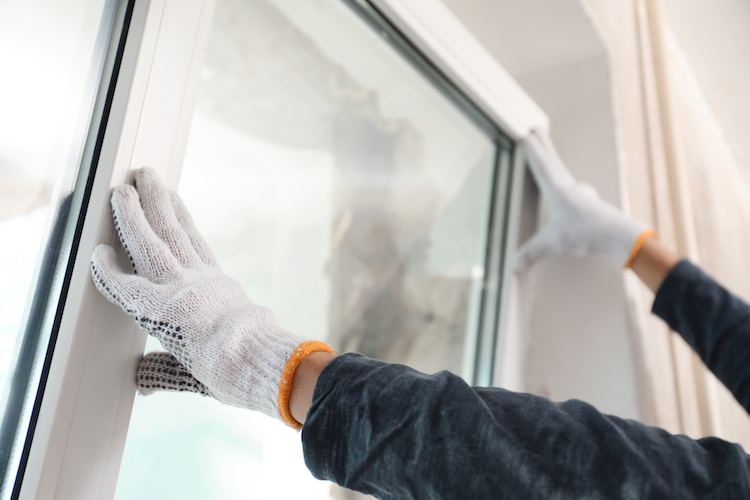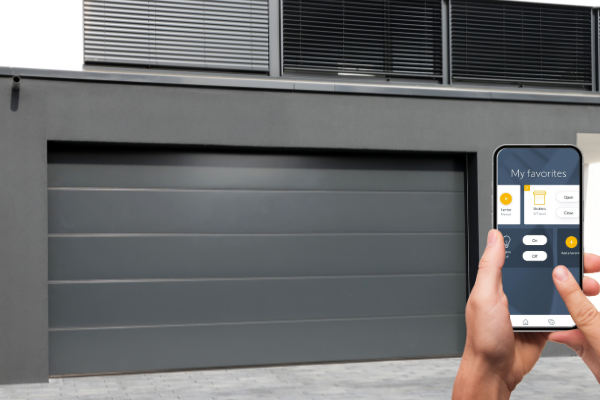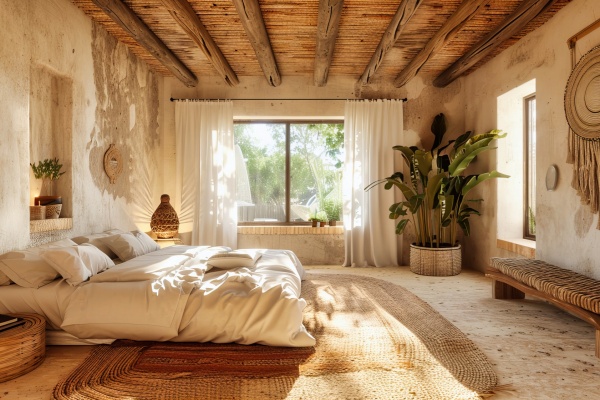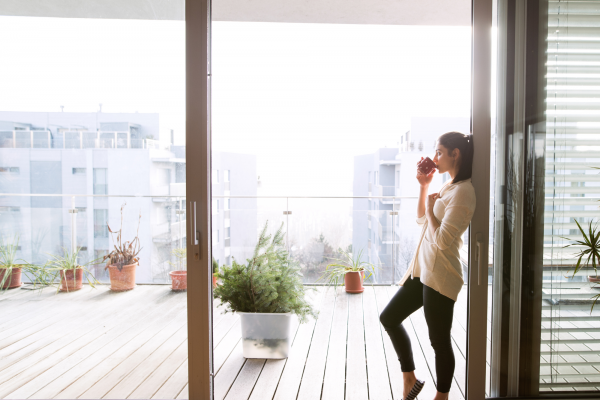The correct installation of a PVC window is one of the factors that translates into its airtightness and longevity, so it should not be underestimated. Many people decide to carry out this process on their own, but let's say from the outset that if you are not qualified in this respect, let's entrust this task to professionals. The installation of a PVC window requires a lot of care, so its successive stages should be carried out step by step. Below, we will present the most important aspects to bear in mind during the installation work.
Please note that this text is not an installation manual, but an outline of the work to be carried out during installation. Refer to the manufacturer's instructions for correct installation.
How to install PVC windows?
The installation of PVC windows begins with an assessment of the situation on site. This consists of, among other things, determining the types of erection materials, measuring expansion clearances and preparing the window openings. We also need to determine the dimensions of the new windows. Assuming that we also intend to install a window sill, we should take the thickness of the sill into account when determining the height.
Read article:
Insulation is another aspect to consider. If the walls are going to be (or are already) insulated, we can install the new PVC window either in the existing fixing location or perform a warm installation.
Steps in the installation of PVC windows
The installation of PVC windows can generally be divided into three stages. The first is to support the structure stably and evenly to ensure that the loads are properly transferred. It is possible that due to finishing work still in progress or fluctuations in reaching the target level, it will be necessary to use widening profiles. In turn, resisting blocks will have to be installed to transfer loads to the building structure.
The second stage is the mechanical fixing of the windows. It is its course that determines how the window will later withstand such external loads as, for example, strong wind or the structure's own weight. For this purpose, specialised fasteners - of good quality and distributed around the window's perimeter - will be useful.
The third stage involves using the right insulation materials to seal the windows well. This is an important part of installing a PVC window - if done properly, it will prolong the life of our window joinery.
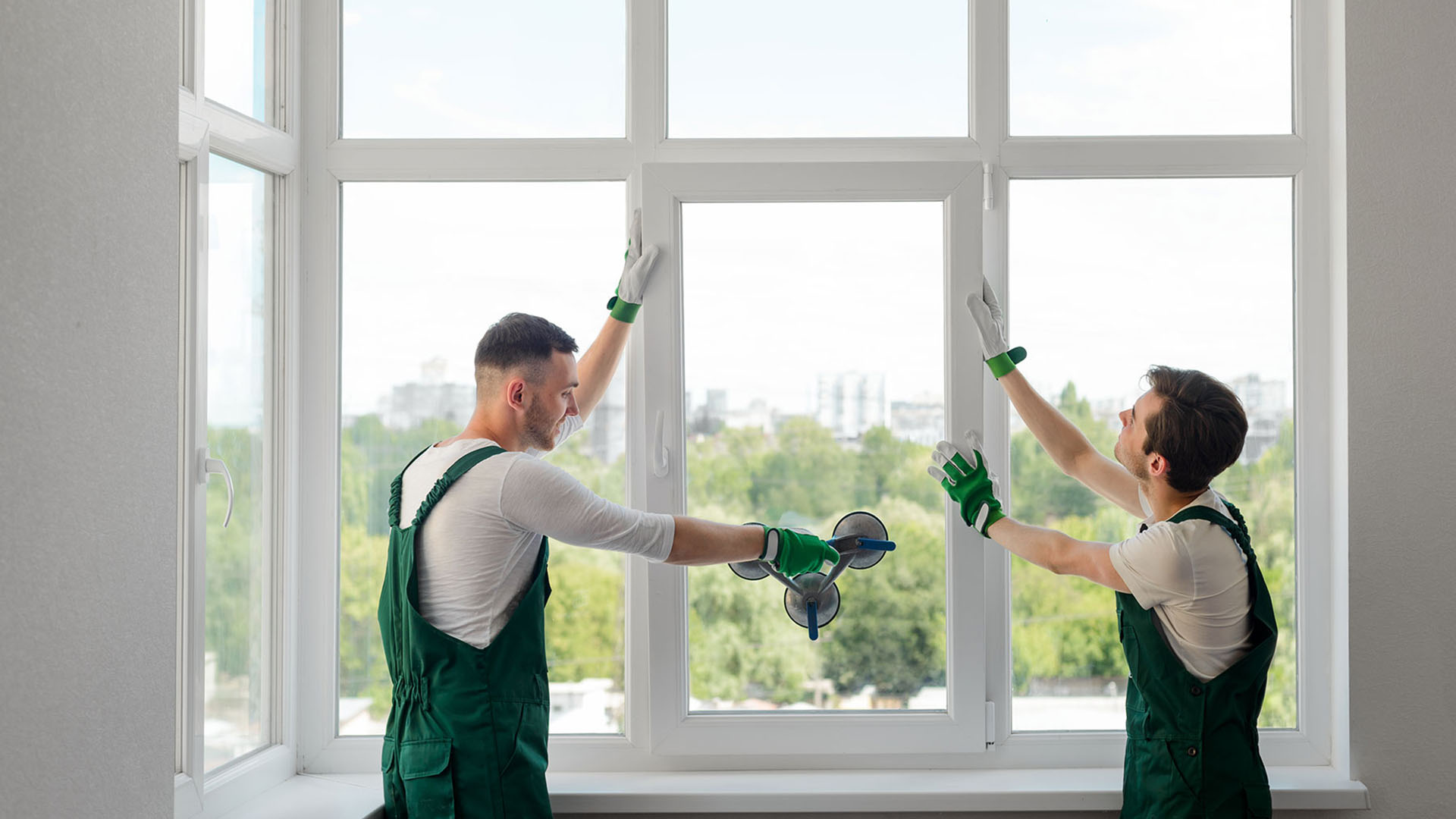
PVC window installation
Installing PVC window - the standard way
The installation method must be adapted to the wall material, its insulation and the aesthetic effect we want to achieve. It is important to ensure that the window installation is stable despite the loads resulting from the window's own weight and the dynamic forces caused by wind and daily opening and closing.
The most common installation is that using anchors (steel flat bars embedded in the frame) or dowels. Anchor fixing will be more suitable if you intend to carry out subsequent flashing around the frame, as the fixing points will then be offset from the edge of the wall. Dowel fixing, on the other hand, is used if new windows are to be fitted in place of the old ones. The disadvantage of this method is that it limits the subsequent finishing work.
Installation PVC window - the proper part
When the window opening is prepared, we remove the sashes of the new windows from the hinges. Either set mounting anchors in the frame grooves or drill holes for dowels. Insert the frame into the window opening so that it settles on the spacer blocks or wedges. When doing so, remember to take into account the thickness of the inner sill and to leave a small gap at the top of the window. This gap will then also be left around the perimeter of the window.
We then insert the fitted frame into the window opening - adjusting the setting height and the level of its bottom edge with wedges. We fill the remaining installation gap with polyurethane foam, which will give the effect of thermal insulation and also has an impact on acoustics. We then install the window on the sash frame and close it until the foam has hardened.
PVC window insulation
PVC window insulation is an extremely important element in the entire installation process, the correctness of which will affect the functionality of the window for years to come. In order to ensure proper acoustic and thermal insulation, the free space between the window frame and the wall should be filled with a sealing material. The seal must be durable, resistant to water and air penetration - flexible polyurethane mounting foam is most often used for this purpose.
Please note that the foam swells during curing and can increase in volume up to three times. Therefore, when applying the foam, make sure not to fill the entire volume of the gap. Too much foam in the opening between the frame and the wall may deform the frame profile. Leave the foam to cure fully, i.e. for at least 24 hours. Excess foam is removed mechanically with a sharp knife by cutting it off flush with the edge of the frame.
The junction between the window and the outer wall is a very critical point. If the connection is badly made, it allows heat loss and moisture penetration into the house. Therefore, it should be well insulated to eliminate these unpleasant phenomena.
Take your time slowly
When installing a PVC window, the most important thing is care, so do not rush at any stage of the work. If you notice an installation error, react as quickly as possible. You will still have a chance to correct any faults noted early on. If you fail to do so, you will be exposing yourself to very serious problems in the future, which may even result in having to replace the windows again. So... get on with it!
Need help choosing the right PVC windows? Get in touch with our advisor!

